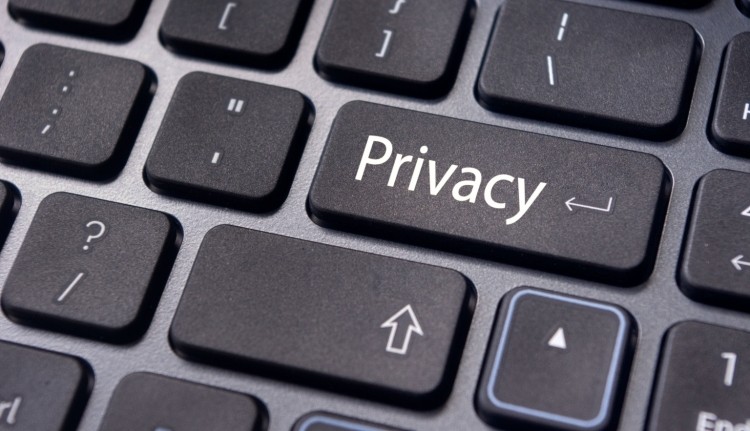There are few things Americans can mostly agree on but apparently anonymity on the Internet - or lack thereof - is one of them. A recent study conducted by Pew Research Center found that most users like the idea of anonymously surfing the web but realize such a luxury simply isn't possible.
In the wake of whistleblower Edward Snowden's revelations concerning the incredible power the US government has over electronic communication, a staggering 86 percent of respondents said they have taken steps online to remove or mask their digital footprints which includes clearing cookies and encrypting e-mail.
Digging deeper, 55 percent of Internet users claim to have taken steps to avoid observation by specific people, organizations or the government. It's all with good reason it seems as a number of survey takers say they have experienced problems because others stole their personal information or otherwise took advantage of their visibility online.
Of those that fell into the latter category, 21 percent said they have had an e-mail or social networking account compromised or taken over without their permission, 12 percent have been stalked or harassed online and 11 percent have had important information like their social security number, credit card or banking information stolen.
Pew's findings are based on data from telephone interviews conducted by Princeton Survey Research Associates International from July 11-14, among a sample of 1,002 adults ages 18 and older and from 792 Internet and smartphone users.
